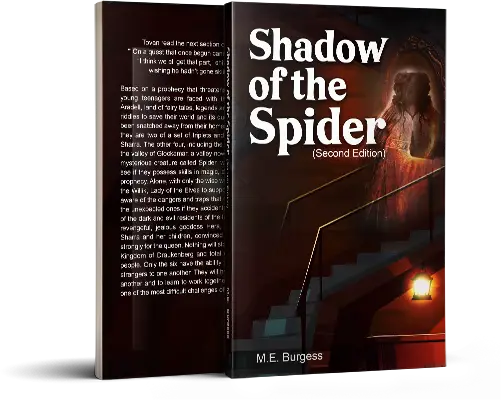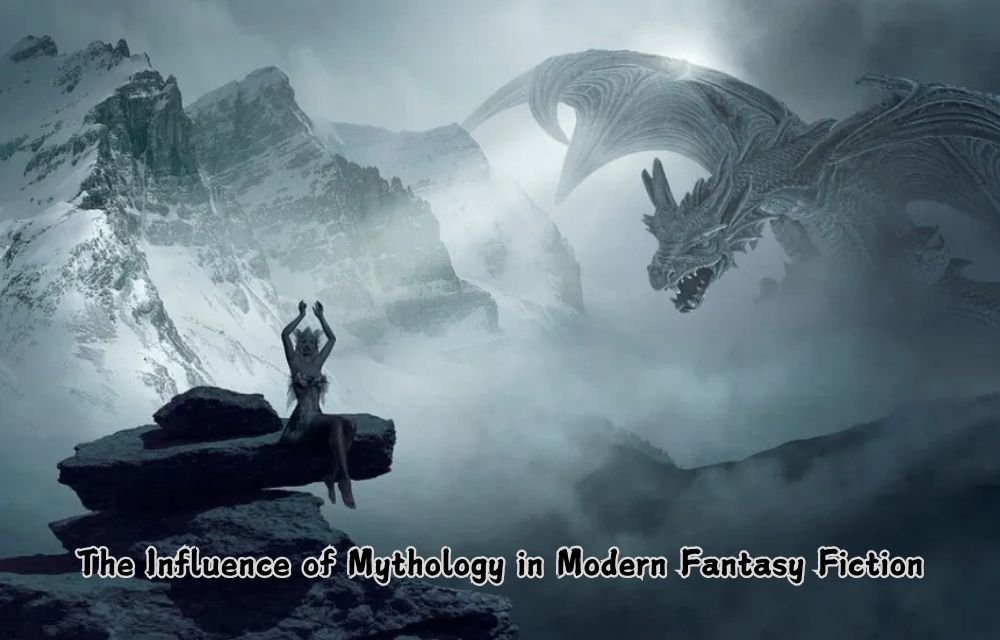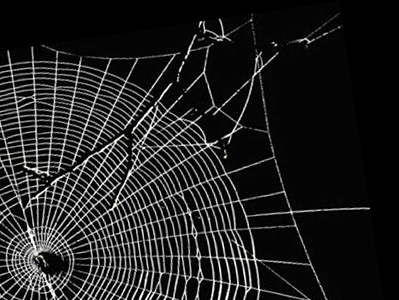Mythology has always been a cornerstone of fantasy fiction, with timeless tales of gods, heroes, and mythical creatures providing endless inspiration. From the ancient Greeks to Norse legends, these mythologies have shaped modern fantasy fiction books for young adults and adults alike. In this blog, we’ll explore how mythology influences today’s new adult fantasy books and magic fantasy books, creating rich, immersive worlds that resonate with readers.
Borrowing from the Classics
Many new adult fantasy books draw inspiration from classical mythology, borrowing elements from Greek, Roman, Norse, and other mythological traditions. Authors use familiar gods, monsters, and stories but give them unique twists. Rick Riordan’s Percy Jackson series, for instance, is a modern reimagining of Greek mythology, with demigods navigating the complexities of both their mortal and divine worlds. In my own work, I’ve woven elements of mythology into the story’s fabric.
Creating Heroes and Villains
One of the most enduring influences of mythology on modern fantasy is the archetype of the hero. From Achilles to Thor, mythological heroes embody qualities like bravery, honor, and sacrifice. Modern magic fantasy books often mirror these traits in their protagonists. However, today’s heroes are often more complex, dealing with moral dilemmas and internal struggles.
Similarly, villains in fantasy fiction books for young adults are frequently inspired by mythological figures like Loki or Hades. These antagonists aren’t just evil for the sake of it; they often have motivations rooted in personal tragedy or ambition, making them more compelling. Readers of new adult fantasy books appreciate villains with depth and complexity, much like the gods and monsters of old mythologies.
The Role of Mythical Creatures
No discussion of mythology in modern fantasy would be complete without mentioning the creatures. Dragons, phoenixes, centaurs, and in my case, large evil spiders, have all made their way into magic fantasy books, with many authors adding new dimensions to these age-old beings. Mythical creatures often serve as challenges for the hero to overcome or as symbols of the larger themes of the story.
In Shadow of the Spider, creatures are not just fearsome beasts but also represent ancient knowledge and wisdom. They add layers to the world, helping to build tension and mystery. This is a common feature in new adult fantasy books, where mythical creatures become integral to the plot and themes, enhancing the richness of the narrative.
Themes of Fate and Destiny
Many mythologies revolve around the theme of fate. The Greeks believed in the Moirai, or Fates, who controlled the destiny of both gods and humans. Modern fantasy frequently explores these same themes, with characters struggling against or embracing their destinies. This concept resonates strongly in fantasy fiction books for young adults, where protagonists are often coming of age and discovering their purpose in life.
For example, in Harry Potter, the prophecy surrounding Harry’s role in defeating Voldemort adds an element of fate that drives the plot forward. Similarly, in Shadow of the Spider, fate plays a significant role in shaping the characters’ journeys, adding weight to their decisions and actions.
Blending Old and New
While mythology provides a rich source of inspiration, modern fantasy authors are constantly finding ways to blend the old with the new. They take familiar mythological elements and create something entirely fresh, whether by setting ancient myths in modern times or by creating entirely new pantheons of gods and heroes. This innovation keeps magic fantasy books exciting and unpredictable.
Conclusion
Ultimately, the influence of mythology on modern new adult fantasy books goes beyond mere homage. It’s about tapping into universal themes and timeless stories, giving readers the thrill of the familiar while also surprising them with new twists. Mythology’s enduring appeal lies in its ability to speak to the human experience, making it a natural fit for the imaginative worlds of modern fantasy fiction. By blending mythology with creativity, today’s authors continue to craft stories that capture the imagination, offering readers a portal to realms where the gods still walk among us and magic is always just around the corner.




